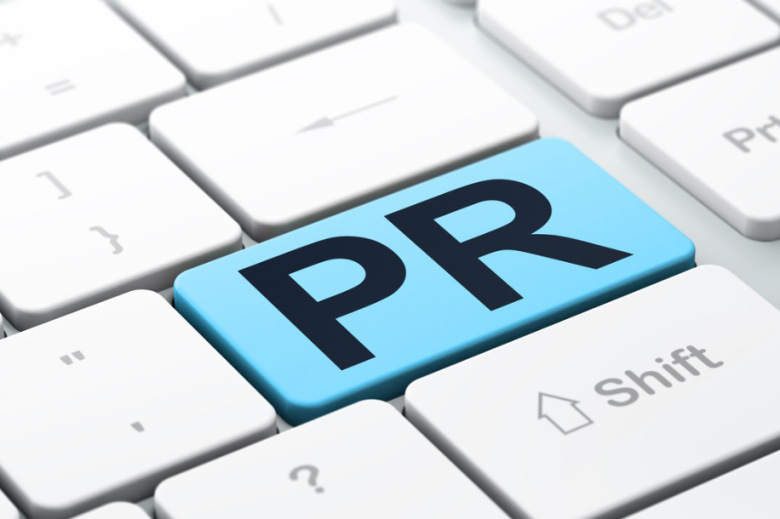There was a time when exploring ‘brand equity’ options without reviewing a story about digital agencies and their campaigns was next to impossible. However, things have undergone a dramatic transformation with social media and digital marketing no longer part of the world of digital agencies.

Are Digital Agencies things of the Past?
With the ever-changing dynamics and bolstering of real-time interactions where audiences prefer to move through details, the functioning of standalone digital agencies are on their way to become obsolete. As the old currency of impressions on paid media is currently being debated upon along with Google’s claim that over 50% of the impressions are not viewed, there is a rising need to undertake an evaluation of a company and the available opportunities.
Reports suggest that some PR companies in India have already started doing it. Experts are of the opinion that it is too early to suggest that stand-alone digital agencies have ceased to exist as many of them continue to offer impactful campaigns; few have even adopted the path of an integrated communication mix. Leading PR agencies are of the opinion that the evolution of communication will be able to decide the future of digital agencies.
The Battle between Digital Agencies and PR Firms
New-age consumers are accepting the idea of PR firms taking up the digital mandate too. The pace is slow but conversations are happening and prove to be encouraging. Responsible for the management of content and messaging, such PR agencies are capable of ensuring engagement with stakeholders and crisis advisory.
Some PR gurus do not agree with this opinion. They feel that currently, most companies prefer to associate with separate agencies for their PR and digital needs. They feel digital agencies are best suited to handle social media activities and PR firms enjoy the ability to manage media-related activities. The naysayers say that in spite of a PR company’s capability to provide digital services, consumers are likely not to consider it are their priority zone but only as a by-product. This is one of the key reasons for PR companies in India to be treated as an integrated communication think-tank capable of offering robust PR and digital services.
It has become mandatory for PR agencies to have an online listening capacity in-house so that they are better equipped to access any risk or adverse reactions, and create media strategies that are in line with the active digital audience. This is one of the reason why having a digital capacity in-house opens up PR possibilities to a much larger audience.
Conclusion
As more and more media outlets become digitally active in their approach, digital is the next evolutionary forefront. In turn, it is finding more and more acceptance among businesses and in marketing campaigns.
In the current digital universe, a digital PR agency is better positioned to ramp up its capabilities and better its offering.
For more about: Understanding the difference between PR and advertising

